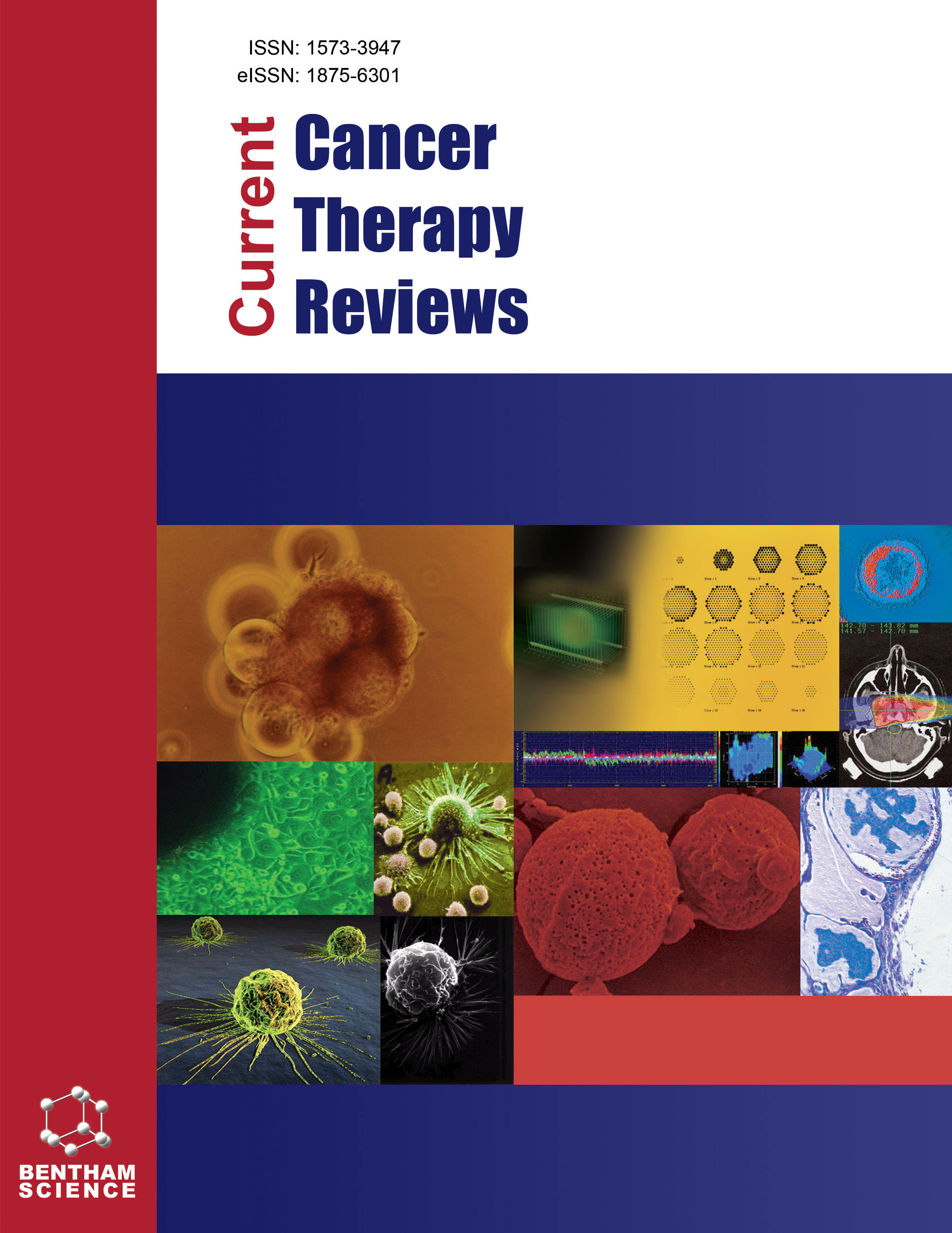-
s Dickkopf-1 and β-catenin as Biomarkers for Early Diagnosis of Hepatocellular Carcinoma
- Source: Current Cancer Therapy Reviews, Volume 16, Issue 2, Jun 2020, p. 136 - 144
-
- 01 Jun 2020
Abstract
Background & Aims: The clinical value of alpha-fetoprotein (AFP) as a marker to detect early hepatocellular carcinoma (HCC) has been questioned owing to its low sensitivity and specificity. The purpose of this work was to investigate whether serum Wnt/β-catenin and DKK1 levels in chronic hepatitis C patients could be used as early predictors for the risk of HCC development. Methods: The study was conducted on 37 healthy controls, and 150 CHC patients were divided into three groups: CHC, liver cirrhosis (LC), and HCC patients. AFP, AFP-L3, β-catenin, and DKK-1 were assayed by ELISA. Results: Both β-catenin and DKK1 levels significantly increased (p < 0.001) in the HCC group in comparison to LC and CHC groups. The first cut-off value for DKK-1 was 253 pg/ml with 88% sensitivity and 86% specificity. The second was 301.5 pg/ml with 82 percent sensitivity and 100% specificity. The β-catenin cut-off value was 7.35 ng/ml with 80% sensitivity and 74% specificity. A positive correlation was observed between DKK-1 and β-catenin (r=0.491), DKK-1 and tumor size (r =0.616), and β-catenin and tumor size (r =0.472). Conclusion: DKK-1 and β-catenin may serve as predictors for the progression of CHC and LC into HCC.


